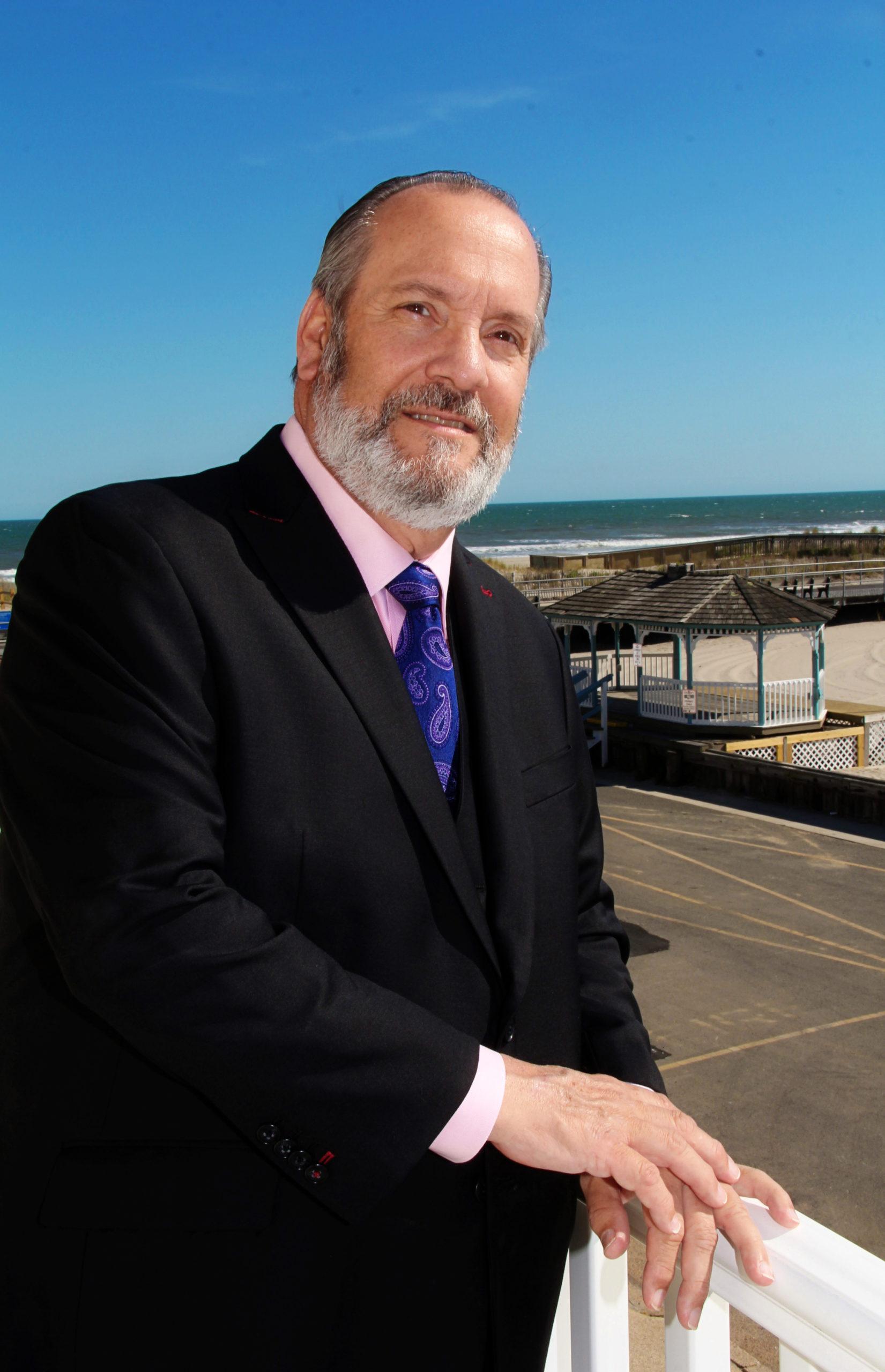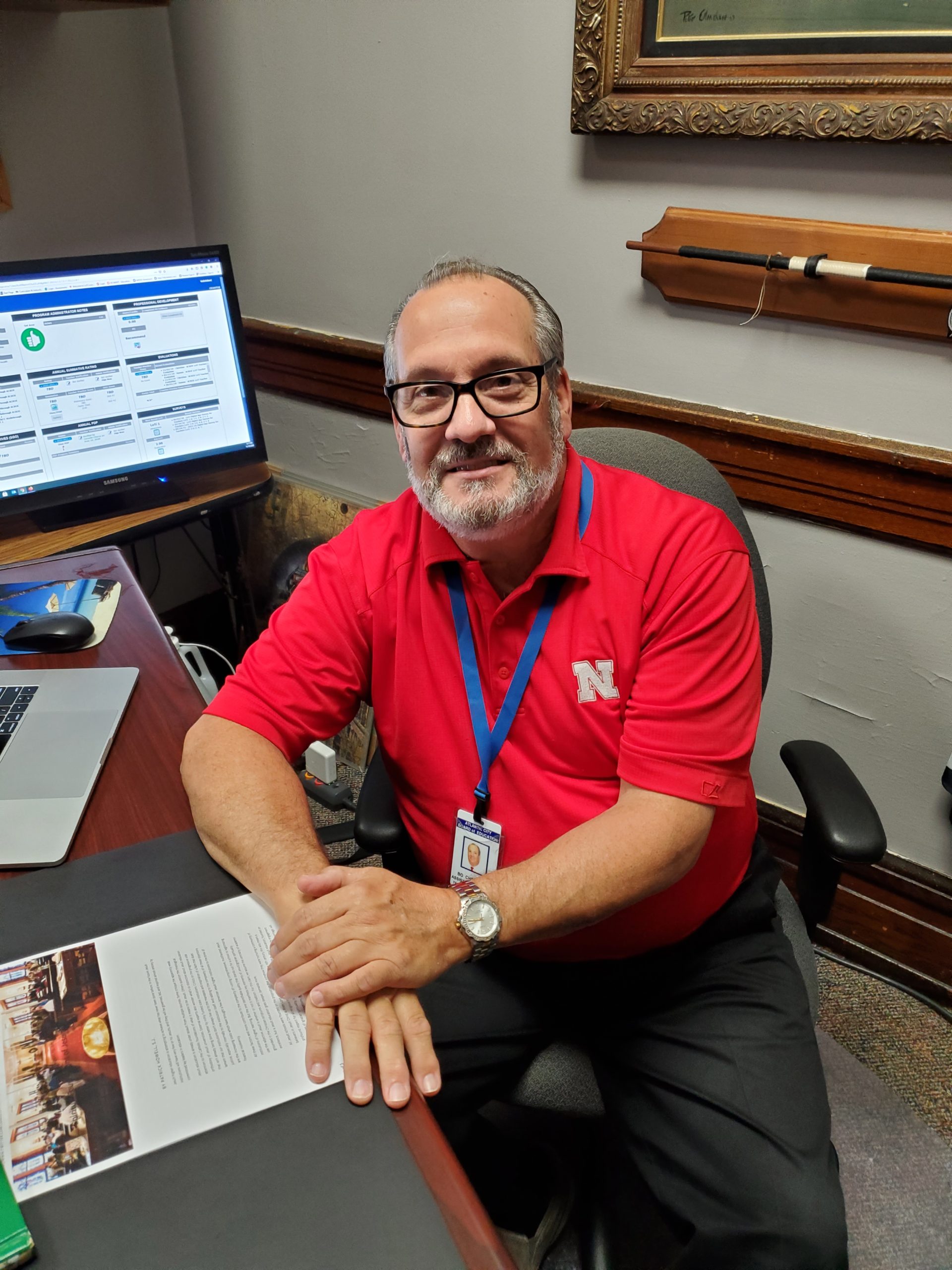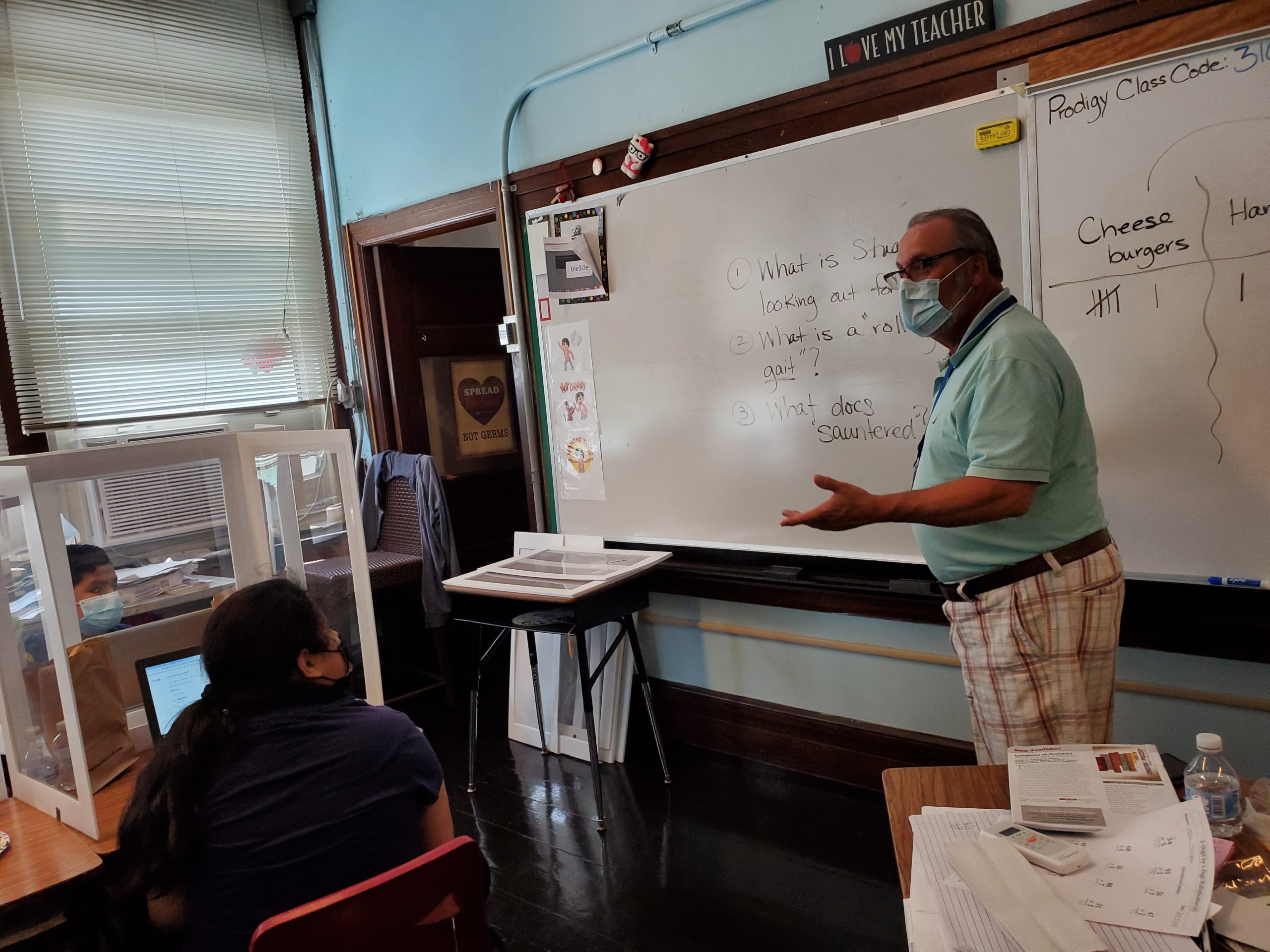I have always viewed “learning and education” as a vehicle to bring ideas and problem-solving together to provide solutions to fundamental issues and processes in all individual endeavors. I love the challenge of the unknown, the discovery of new connections, and the insights they provide to expand the possibilities of oneself. Opportunities abound each day to learn and grow as we communicate with our colleagues, students, and the world around us. To paraphrase Louis Pasture, we should all live in the peace of our studies’ so we may eventually contribute to the betterment of humanity.
Dr. Bohdan M. Christian is an education scholar, practitioner, and administrator with more than twenty years of experience in the field of urban school education. Through his work as a scholar and leader, coupled with his extensive experience in the classroom, Dr. Christian subscribes to the complex nature of education and sees it as ubiquitous across the liberal arts and science domains of learning. He also sees education as contributing to the holistic development of the whole person–including mental, physical, emotional, and spiritual development. This understanding, and his research, brings students, teachers, and schools together to discuss personal experiences, spiritual development, and perspectives that enrich and expand the thinking of human possibilities. With this guiding perspective, Dr. Christian has successfully analyzed and applied school improvement techniques and paradigms that include distributed leadership, school restructuring and teaming to complex urban school settings in an effort to improve student achievement. Dr. Christian, a first-generation college graduate, earned his Ph.D. from the University of Nebraska in 2020.
Schools as Organizations
The pretzel is an intertwined piece of dough. Schools, like a pretzel, are also entwined around a central purpose. Schools are decentralized organizational units that require flexible leadership applied to situational and contextual issues to deliver student achievement and reduce stakeholder uncertainty within district parameters. Leadership at all levels must be a savvy change agent, mentor, communicator, and trusted advisor who engages individuals and teams to set and achieve operational priorities within budget constraints.
Conceptual Understanding
Conceptual understanding is the thoughtful progression from process to problem-solving, as opposed to simply applying procedures.
Conceptual understanding is being able to describe the thinking and relationships of facts, patterns, and associations that describe real-world experiences.
Organizational Explorations
Organizations are complex systems of dynamic interactions embedded into everyday life. They exist within the context of society and have historical past, present, and future lives. They operate within the of political, economic, and social environments evolving within the community they serve.
Structure
Leadership Theory and Application
Leadership is about values and beliefs that guide and give direction to organizations and their members. Leadership is positional, situational, contextual and dependent upon self-reflection, analysis and flexibility. Leadership is personal and individualized. Leadership research and the application of that research need perspectives that encompass all angels of the organizational frame.
Vision
Teachers’ Professional and Classroom Practices
Teacher professional and classroom practices develop in part through various types communities of practice. Teacher conversations within these communities build ideas and strategies that improve classroom pedagogy and routines to influence student learning. Communities of practice are also used to filter perceptions of leadership, school policies, and processes that affect how instruction is delivered.




